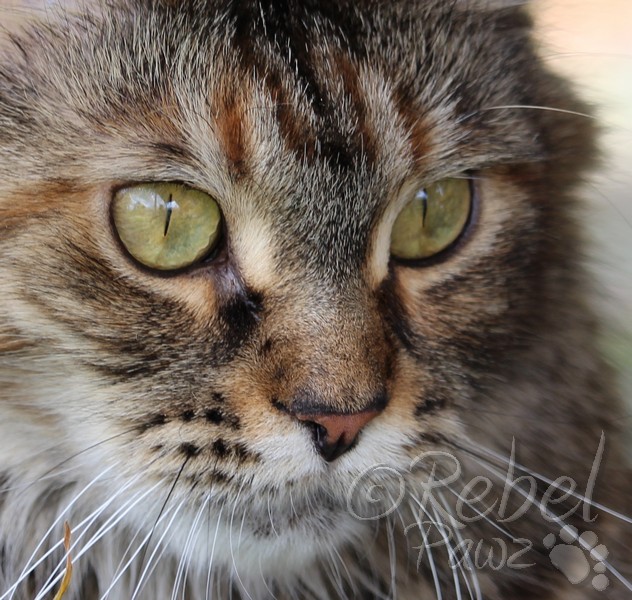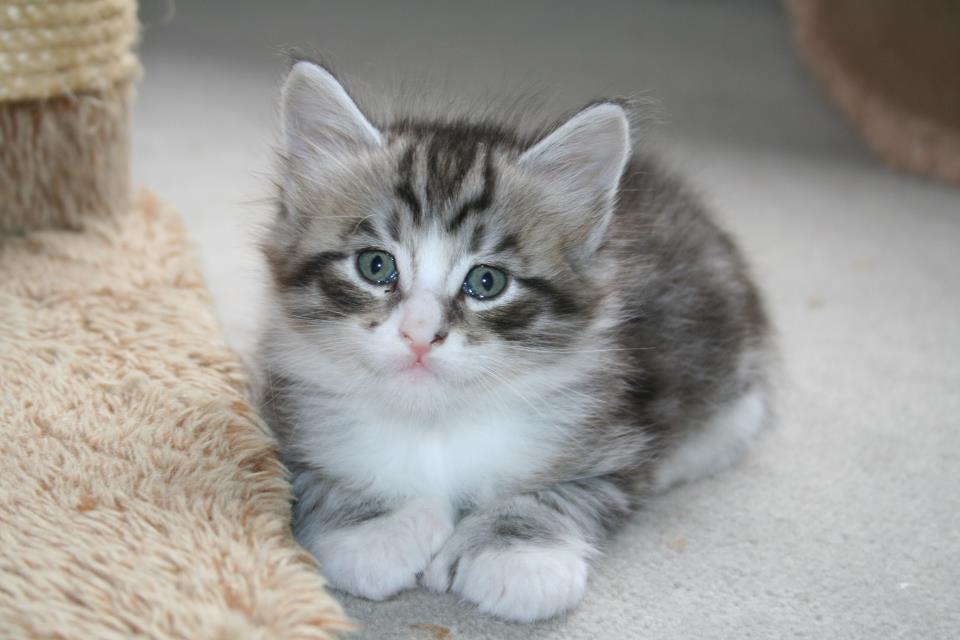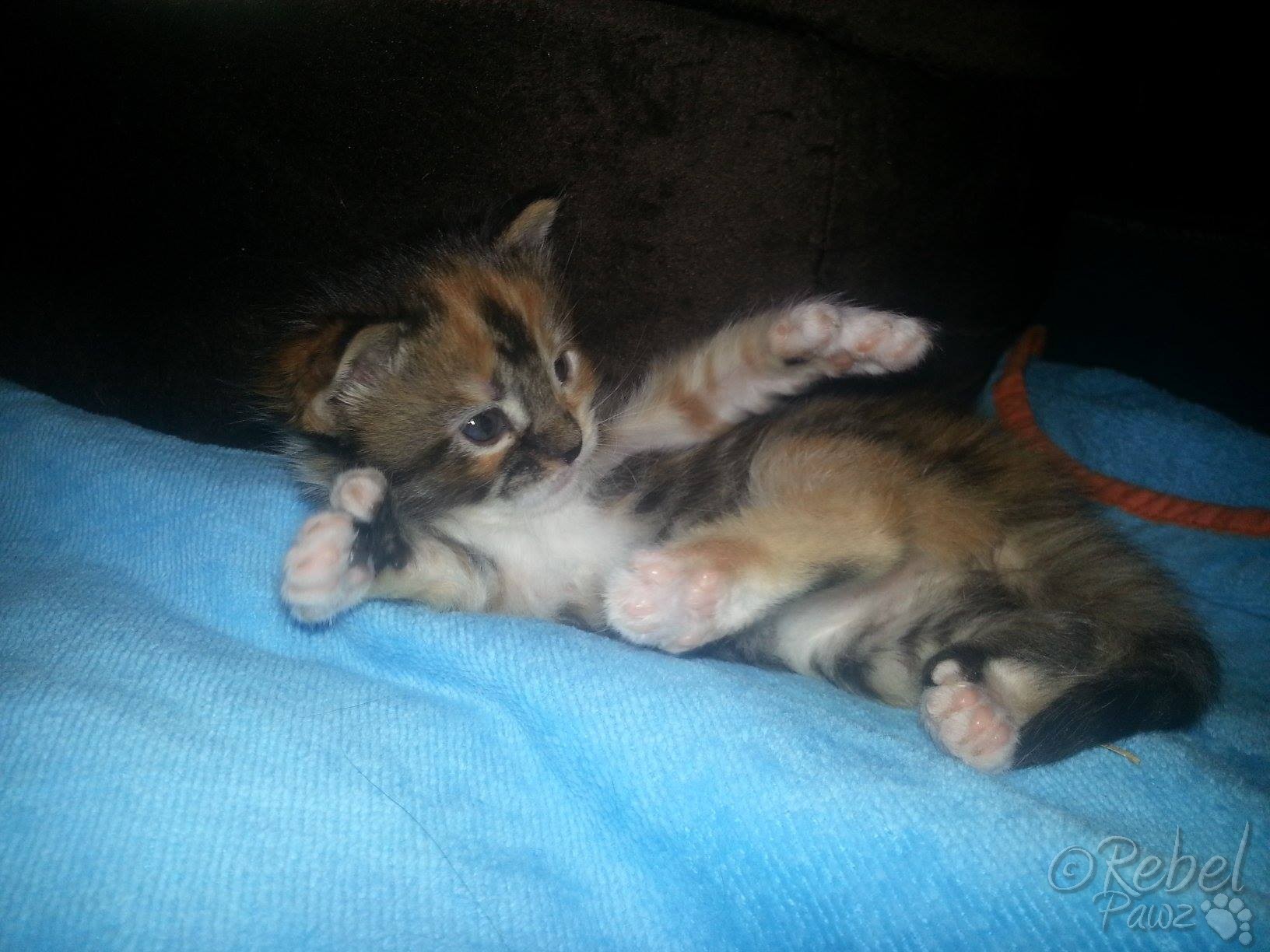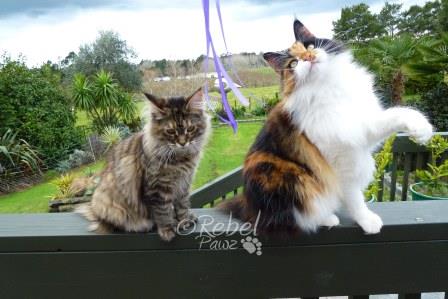(c) RebelPawz Maine Coons 2022

Things you should know about health testing in Maine Coons
All breeds of cats whether prure bred or moggy can have health problems. Maine Coon are no exception. Responsible Maine Coon breeders test their breeding cats to ensure that they minimise or eliminate any problems that could possibly arise in their kittens.
All Maine Coon breeders should test for heart and hip problems. Hearts should be continuously monitored throughout the life of the breeding cat, as heart problems can manifest themselves at a later age. Every 2-3 years a heart scan should be done.
The health history of breeding cats should also be examined. A cat with clear parents may still be carrying genes for problems if there are problems further back in the cats pedigree. The more testing in a cats background the better and the older the cats are when tested (repeated tests) for heart problems the better.

Hearts
HCM (Hypertrophic Cardiomyopathy) is a hereditary heart disease found in almost all breeds of cats including the domestic or moggie. Maine Coon breeders are lucky that heart testing has been commonplace for ethical bredders for many yeras, and so we have a good testing history behind many bredding cats. To evaluate whether a kitten has a good chance o fhaving a good healthy heart, you should take into account the calibre of the person testing the cat, the age of the cat when last tested and the length of time measurements have remained stable. HCM is a progressive disease. A cat can test clear and a year later show sign of the disease. The older a cat is when it is tested clear, the better this is for that cat and its descendents. If a cat is autopsied and shows no histological sign of HCM, this means (according to what I have been told) that the cat does not have HCM. A cat can have a clear scan when it is alive, but at the level of the muscle fibres it will show some histological signs if it carries a gene for HCM.
Scientists have discovered one gene in the Maine Coon that may lead to HCM (cMyBPC mutation). There are other genes still to be found as there are cats without this gene who gets HCM. WOrk is being done continuously to identify other genes in Maine Coons. Other research is being done to identify the genes that cause HCM in other breeds (Ragdolls, Persians, Norweigian Forest, Siberian, Sphynx etc).
To have the best chance of a kitten with a healthy heart long-term you should ensure the kitten doesn't come from parents that have cMyBPC gene and that the parents, grand parents etc have good testing histories. Do not be afraid to ask, and don't be satisfied with vague answers. Ask to see the actual test report if you are unsure, and don't assume that cats are tested just because a website discusses health testing or even if the breeder sasy the cat is healthy.

Hips
Cats in general have mobile, lax joints and many breeds appear to have incidence of hip Dysplasia (HD) which can lead to pain, arthritis and limping. Sometimes it can severely affect the cat's mobility. Again Maine Coon breeders are lucky that breeders have had oppertunities to have their cats hips scored over a long period of time. Hip Dysplasia is tricky to eradicate as there are many genes that affect cats hips. This means that cats with good hips can produce kittens with severe hip dysplasia....and cats with severe hip dysplasia can produce kittens with good hips. Studies have shown that over time the incidence of HD is markedly reduced if cats with moderate and severe hip dysplasia are removed from breeding programs.
Hips only need to be checked once, providing the cat is at least a year old.
To get the best chance of having a kitten with good strong hips yuo should ensure that parents, grandparents etc are free of HD, and there are no cats with severe HD in its history (including other kittens from the same parents). Also make sure that the hips have been tested by an expert not just looked at by a general veterinarian. Hips must be score by a radiographer with expertise in readin Maine Coon cat hip x-rays. Examples are Lars Audell at Pawpeds Hip Program, Sweden, OFA and PennHip in the USA.

Our Cats
We are committed to thorough health testing of all our breeding cats.
1 breeding cats are free of the cMyBPC gene (HCM DNA test).
2 our cats will have their hearts scanned regularly by an internationally acclaimed cardiologist.
3 We will attempt to have all our ex-breeding cats scanned for HCM as regularly as possible.
4 All our cats will have their hips x-rayed and assessed at approximately 1-2 years of age or before being bred. Exceptions are those cats who cannot have anesthesia for some reason. We will attempt to have them done if they go under anastethic for any other reason.
5 We will only buy and use breeding cats with good testing history and from responsible breeders who adopt this philosophy.